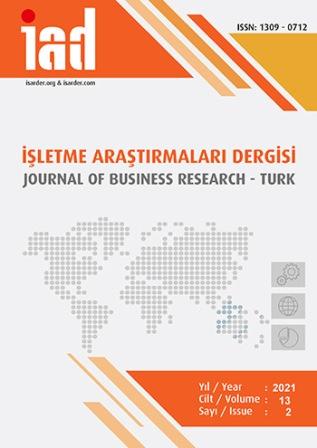Evaluating Predictive Models in the Orienteering Problem with Stochastic Profits: A Simulation Study
Evaluating Predictive Models in the Orienteering Problem with Stochastic Profits: A Simulation Study
Author(s): Fahrettin ÇakırSubject(s): Business Economy / Management, Accounting - Business Administration
Published by: İşletme Araştırmaları Dergisi
Keywords: Akaike information criterion; Cross validation; model misspecification; Prescriptive analytics; Stochastic orienteering; Variable neighborhood search;
Summary/Abstract: Purpose – The aim of this paper is to test the effectiveness of statistical model selection measures in terms of decision quality for the orienteering problem with stochastic profits using simulation. Design/methodology/approach – This paper is based on a quantitative numerical approach where various model selection measures are evaluated using computational experiments including model-based computer-generated random data. Findings – The findings of this paper include experimental results showing a deficiency of about 6.5 units of classical selection measures relative to a decision-based selection measure for the Tsiligirides orienteering benchmark instances. Discussion – While classical model selection measures are suitable for accuracy reasons, misspecified models sometimes do lead to better decision outcomes. From a practical perspective, in order to carry out prescriptive analytics for orienteering problems, having access to a reasonable decision algorithm at the prediction stage of data-analysis can be beneficial for downstream realized profit.
Journal: İşletme Araştırmaları Dergisi
- Issue Year: 13/2021
- Issue No: 2
- Page Range: 1067-1081
- Page Count: 15
- Language: English

